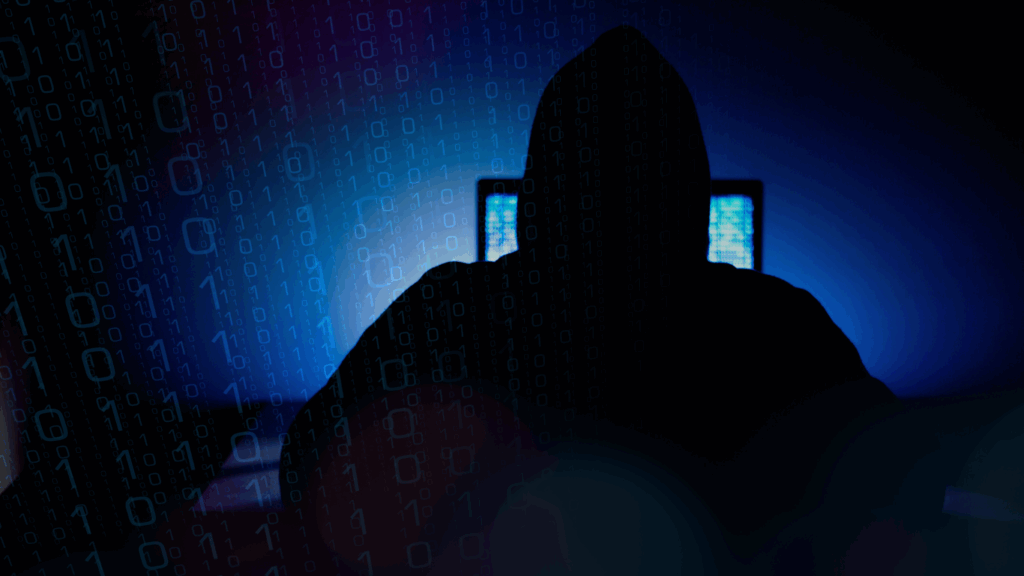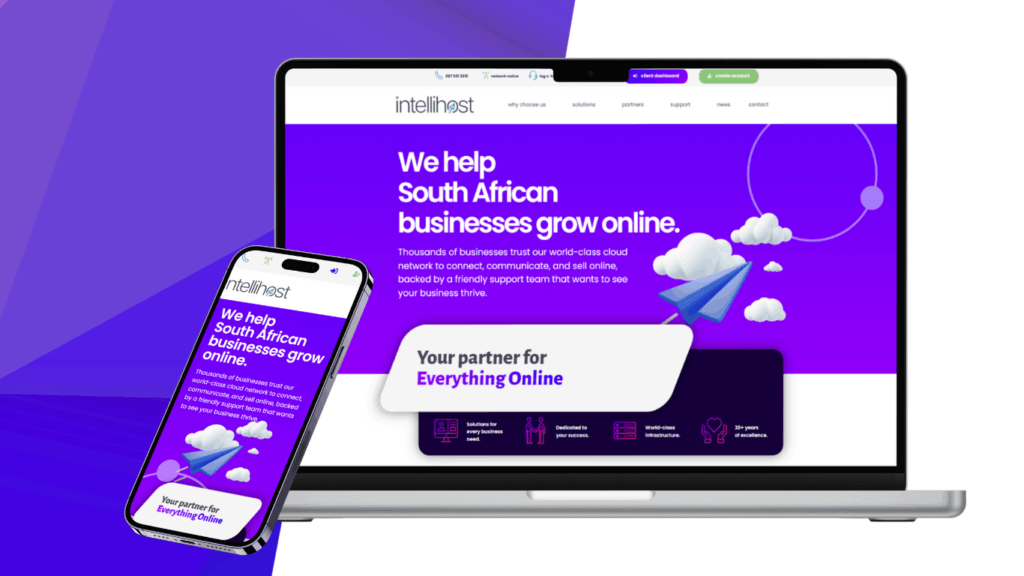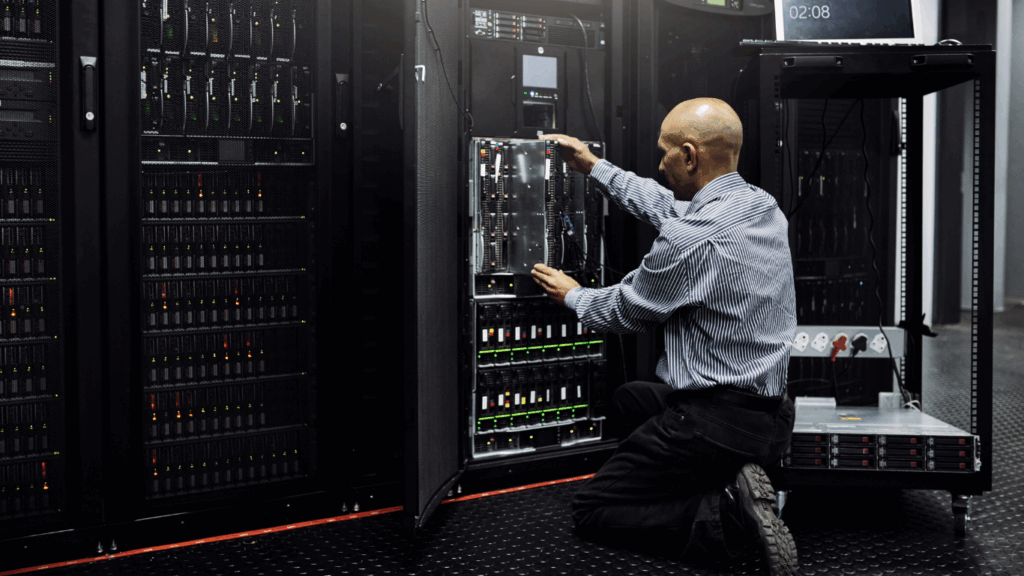The rapid adoption of AI across the tech industry is yielding productivity gains — but it’s also reshaping team structures and introducing unexpected risks. As automation replaces roles in quality assurance, support, and cybersecurity, an alarming trend is emerging: a surge in software vulnerabilities, zero-day exploits, and sophisticated malware campaigns.
Companies are increasingly leaning on AI tools like ChatGPT and GitHub Copilot for coding, testing, and even triage. While these tools improve efficiency, they often bypass the nuanced oversight that human professionals provide. QA teams that once painstakingly caught edge-case bugs are shrinking, accelerating the release cycle but also increasing the chances that exploitable flaws go unnoticed.
Simultaneously, cybersecurity roles are being reshaped. AI systems now handle SOC alerts, triage, and vulnerability scanning. According to ISC2, 30% of security professionals have integrated AI in their operations—and up to 52% anticipate significant reductions in entry-level positions as AI matures. This shift means fewer human eyes on emerging threats, slower incident response, and increased reliance on machine-generated analysis—tools which themselves can be manipulated.
Meanwhile, threat actors are using AI to their advantage. Reports show that AI-designed malware, refined through reinforcement learning, can bypass Microsoft Defender 8% of the time with just a few months of training. Deepfakes, AI-powered phishing, and prompt-injection techniques are disrupting trust, with deepfake instances expected to rise from 500,000 in 2023 to 8 million by 2025. AI-enabled scan campaigns now churn through 36,000 probes per second—leading to a 42% increase in credential theft.
Regulators like the UK’s NCSC warn that AI accelerates vulnerability discoveries, shrinking the window between disclosure and exploitation—with critical infrastructure now a high-stakes target.
In response, companies are scrambling to secure AI technologies themselves. Google is integrating AI-based detection tools like Big Sleep and Sec-Gemini to identify zero-days. But the question remains: can automated defense truly catch up to automated offense?
Sources
- Terminal CTOs warn over AI security risks
https://www.businessinsider.com/terminal-ceo-dyla-serota-ctos-ai-job-impact-software-engineers-2025-7 - AI malware evades Microsoft Defender 8% of the time
https://www.windowscentral.com/artificial-intelligence/ai-powered-malware-eludes-microsoft-defenders-security-checks-8-percent - Deepfake threats escalate dramatically
https://www.techradar.com/pro/inside-the-deepfake-threat-thats-reshaping-corporate-risk - AI-driven malware-as-a-service surges
https://www.itpro.com/security/malware/malware-as-a-service-explained-what-it-is-and-why-businesses-should-take-note - Automated scans spike cyberattacks globally
https://www.techradar.com/pro/security/ai-powering-a-dramatic-surge-in-cyberthreats-as-automated-scans-hit-36-000-per-second - NCSC warns AI speeds exploit development
https://industrialcyber.co/threats-attacks/ncsc-warns-uk-critical-systems-face-rising-threats-from-ai-driven-vulnerabilities/ - AI reshaping cybersecurity roles and hiring
https://www.helpnetsecurity.com/2025/07/22/ai-in-cybersecurity-entry-level-jobs/ - Google uses AI to detect zero-day bugs
https://www.androidcentral.com/apps-software/google-is-doubling-down-on-cybersecurity-using-ai




